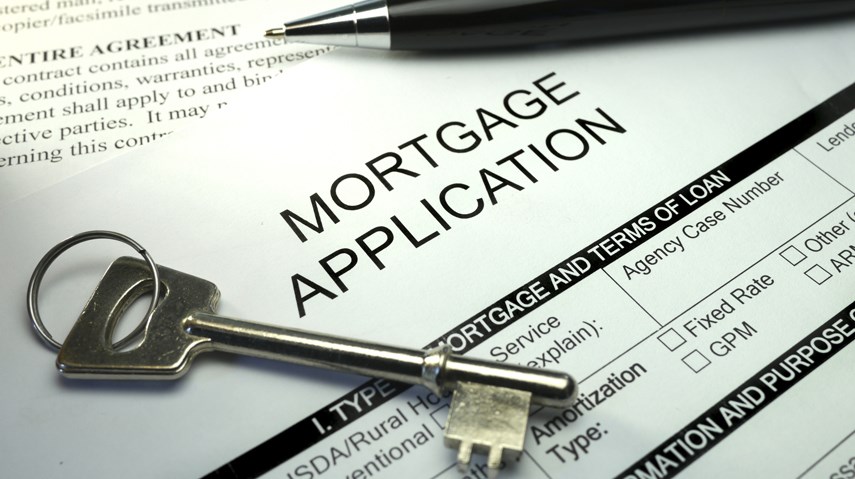For young people, homeownership is the most important first step they can take on the route to financial security.
It could also be said that, for Canadians who may have slipped on that path, a modular home offers an affordable opportunity to share in the housing market.
Yet both of these sectors are now being overstressed by the federal government in its failed attempt to rein in a hot housing market.
The first problem is the mortgage stress test forced on any first-time buyer who has less than a 20 per cent down payment. In Metro Vancouver, this means having at least $120,000 in cash if you want to purchase a typical condominium, the lowest-cost option available.
Nearly half of potential first-time buyers in Vancouver do not have the necessary down payment and 20 per cent of these know they would fail the stress test, according to a survey by Mortgage Professionals Canada.
“Next-generation homebuyers in Vancouver have the highest stress levels around home purchasing decisions and are the least optimistic,” the survey found.
Those who do not meet the stress test were asked how they would proceed. The respondents said they had three stress-inducing options: scramble to find the extra money, buy a less expensive home or delay their purchase.
Rather than decreasing debt load, the stress test is driving some consumers to uninsured lending options, often with much higher interest rates, shifting the debt load away from the stability of mortgage insurance.
But now the feds have also prohibited insured homes from being refinanced, though most mortgage lenders require modular homes located in a modular-home park to be insured, regardless of the owner’s equity.
Such homeowners seeking refinancing are now being told this is not possible, at least not through the major lenders and at the most competitive rates.
An RBC spokesperson confirmed that it requires all modular homes to have default insurance issued by Canada Mortgage and Housing Corp., thereby prohibiting any of those properties from being eligible for refinancing.
A Nanaimo mortgage broker said several of his modular-home clients have already been forced to use a private lender in order to refinance, but at a much greater cost.
These refinancing restrictions aren’t unique to modular homes, but can also include micro-sized condos and other homes on lease land – in short, the affordable homes that governments are supposedly encouraging.
The government’s strategies to cool the housing market have clearly had limited success, since prices continue to accelerate in Canada’s hottest housing markets.
But the government measures will ensure that first-time buyers and those clutching at the bottom fringe of the housing market will remain the true victims.



